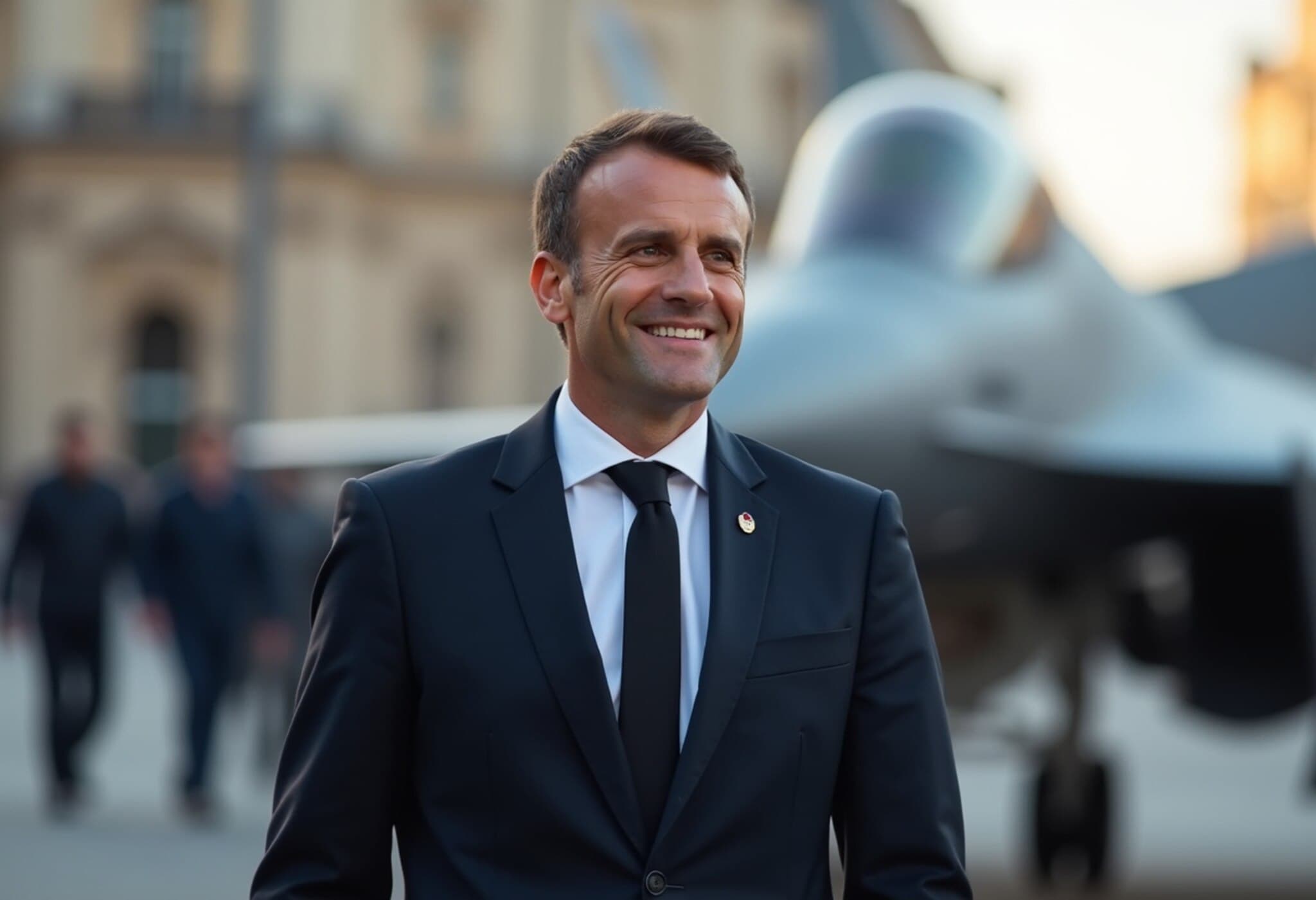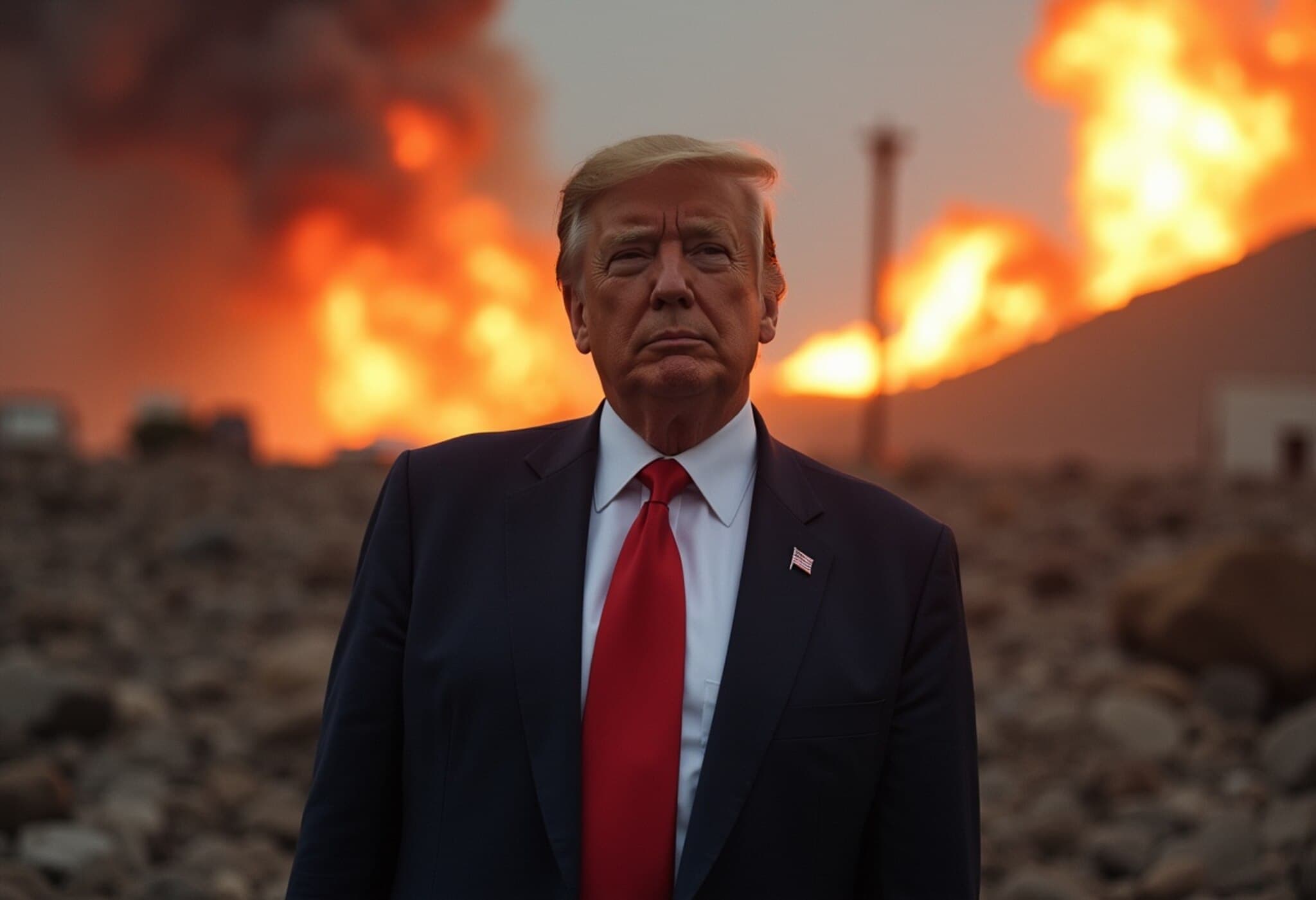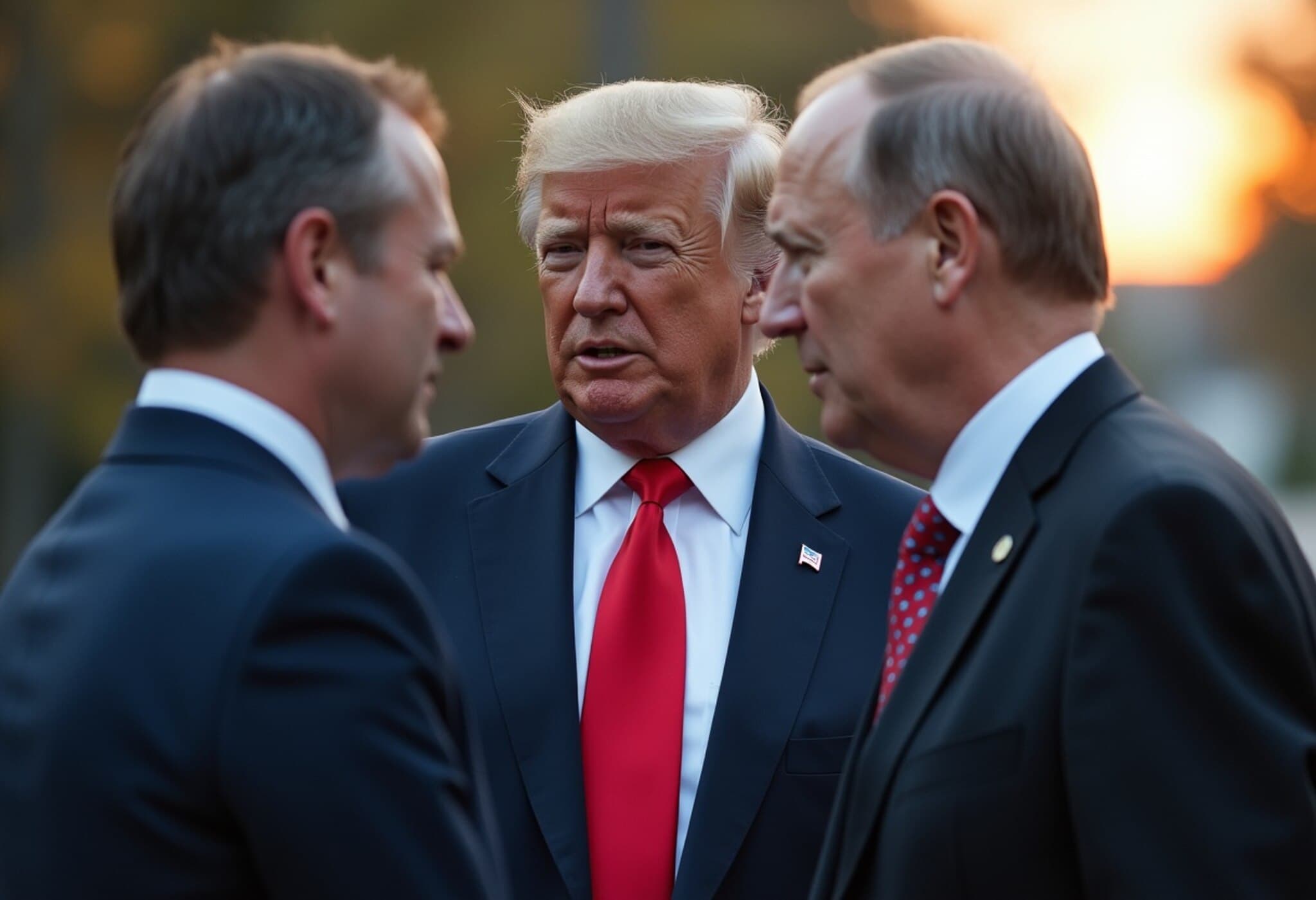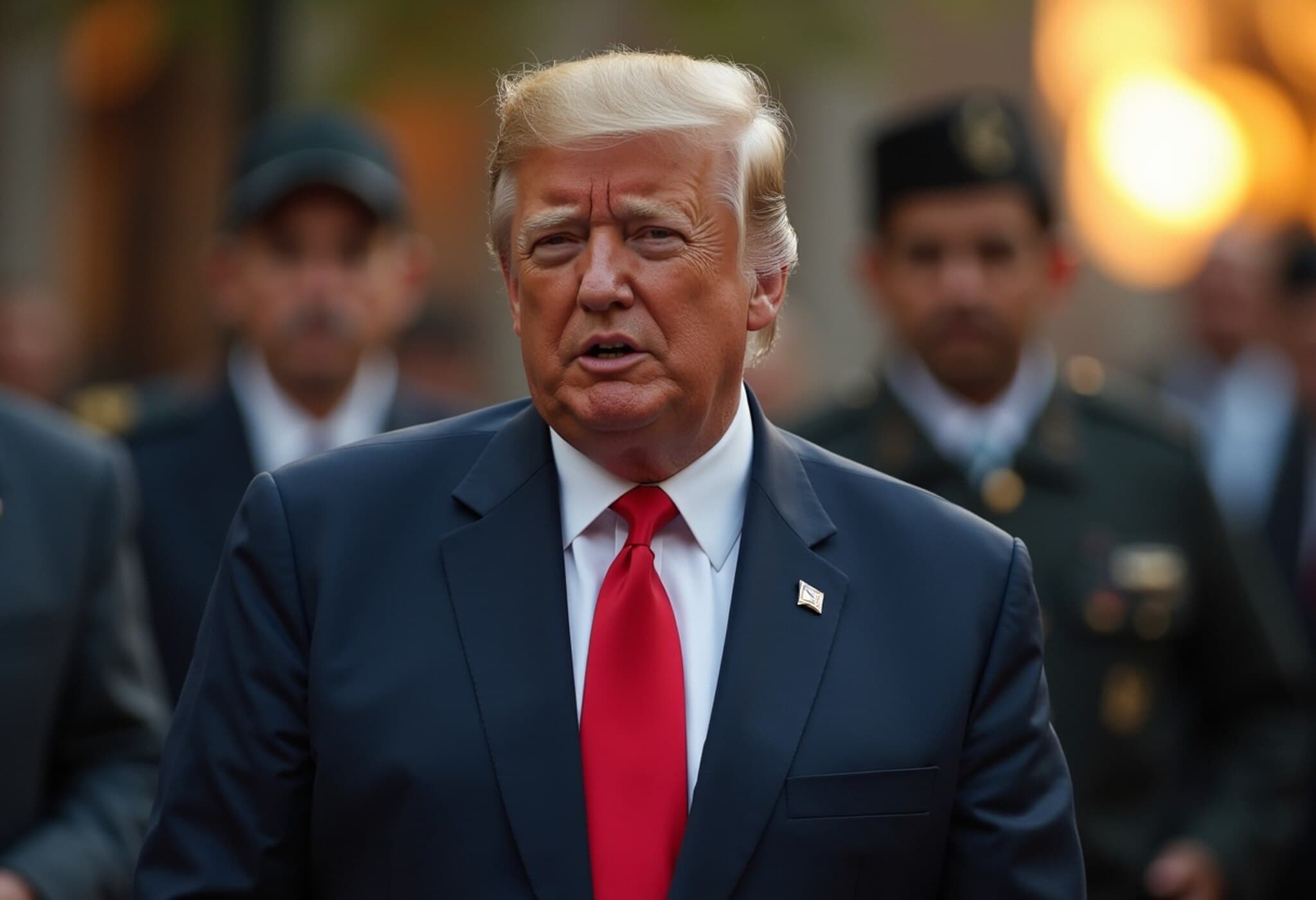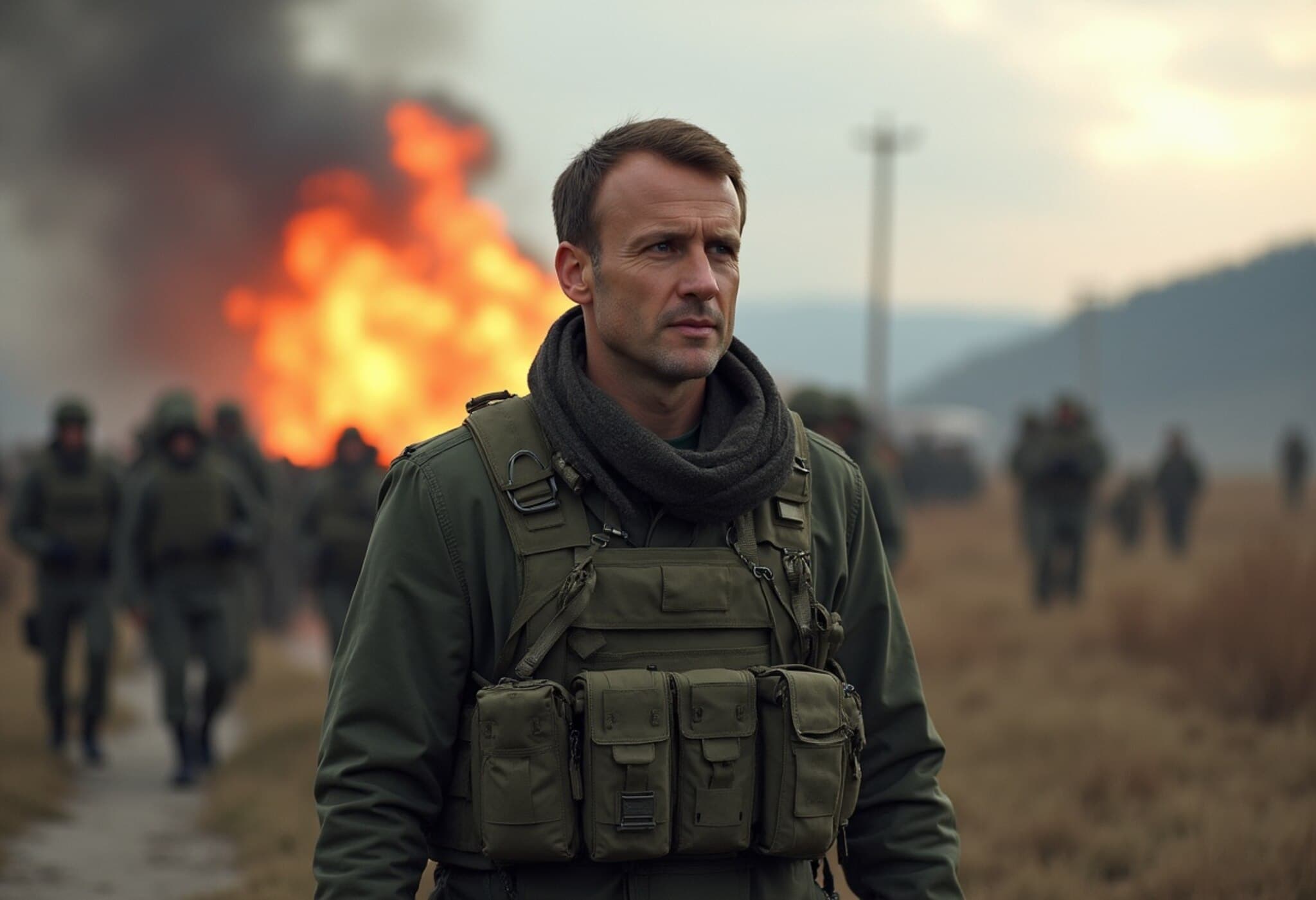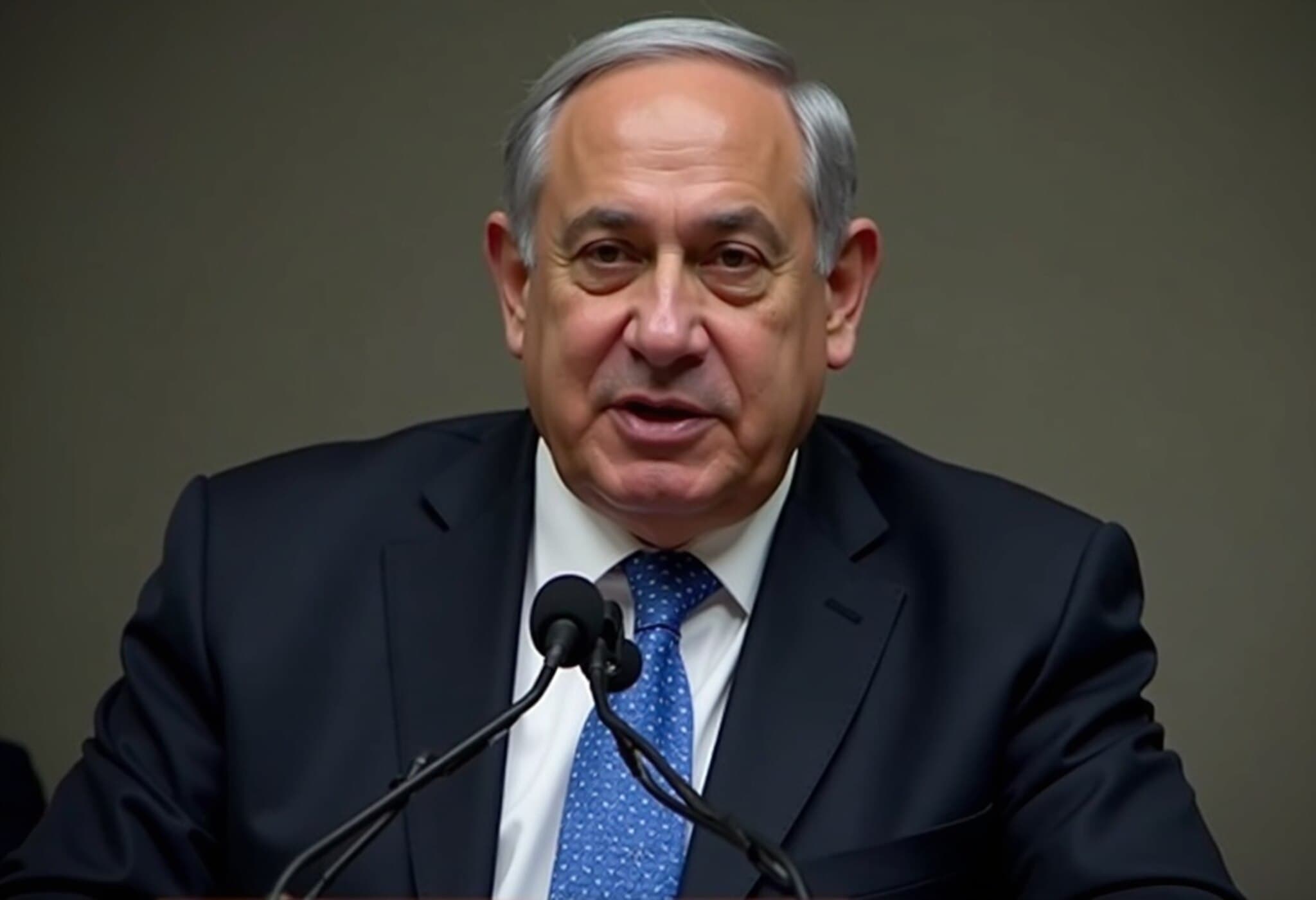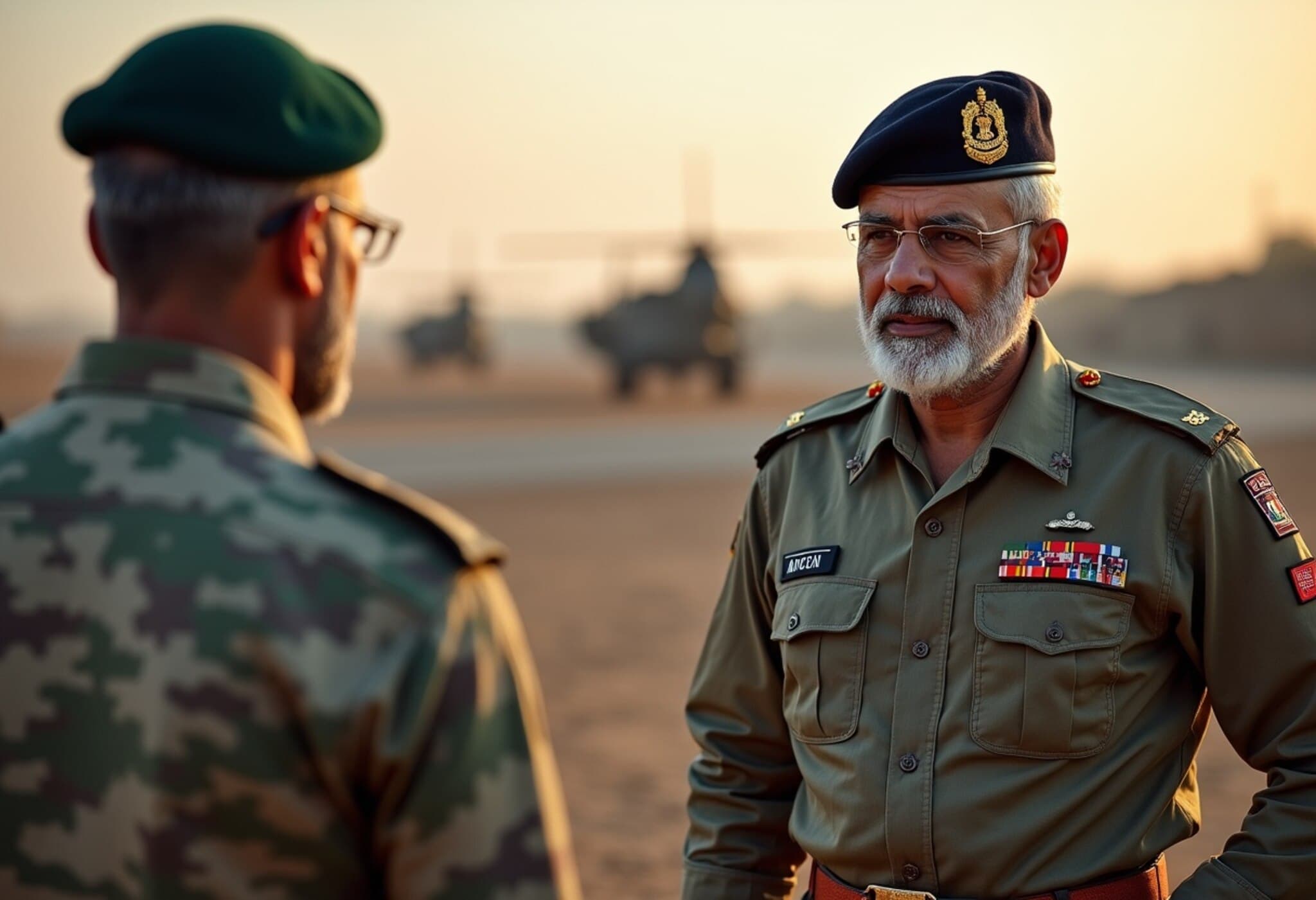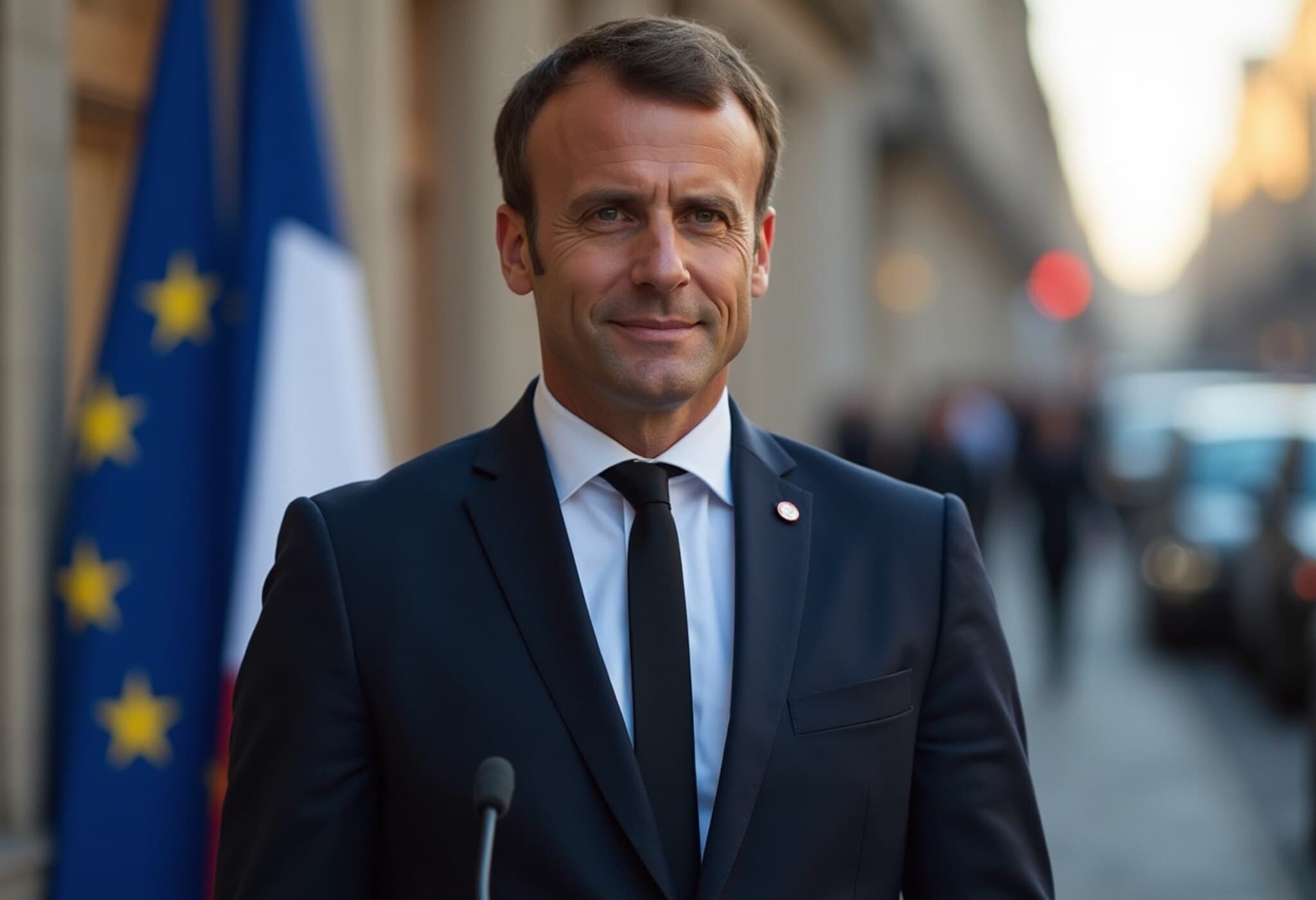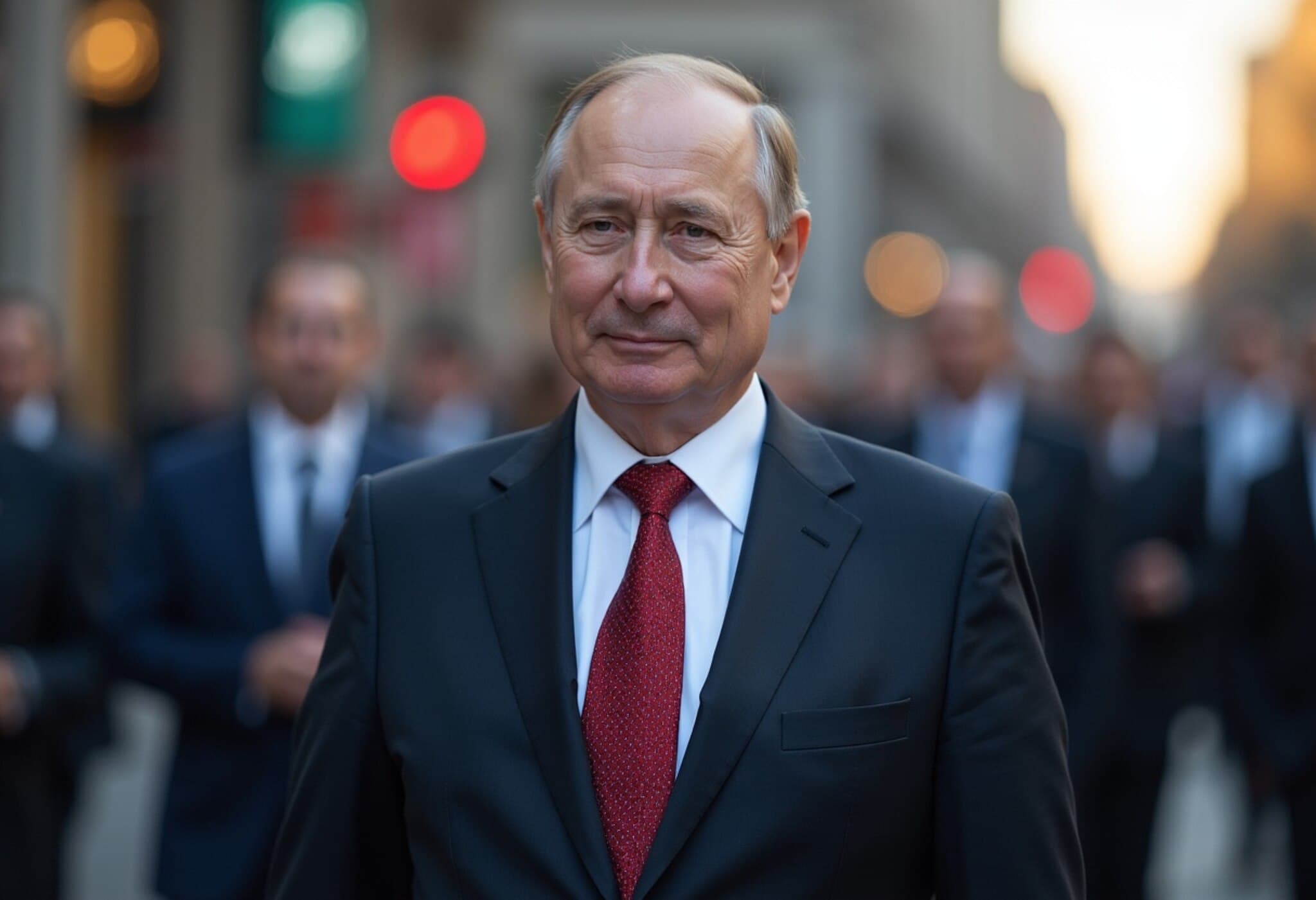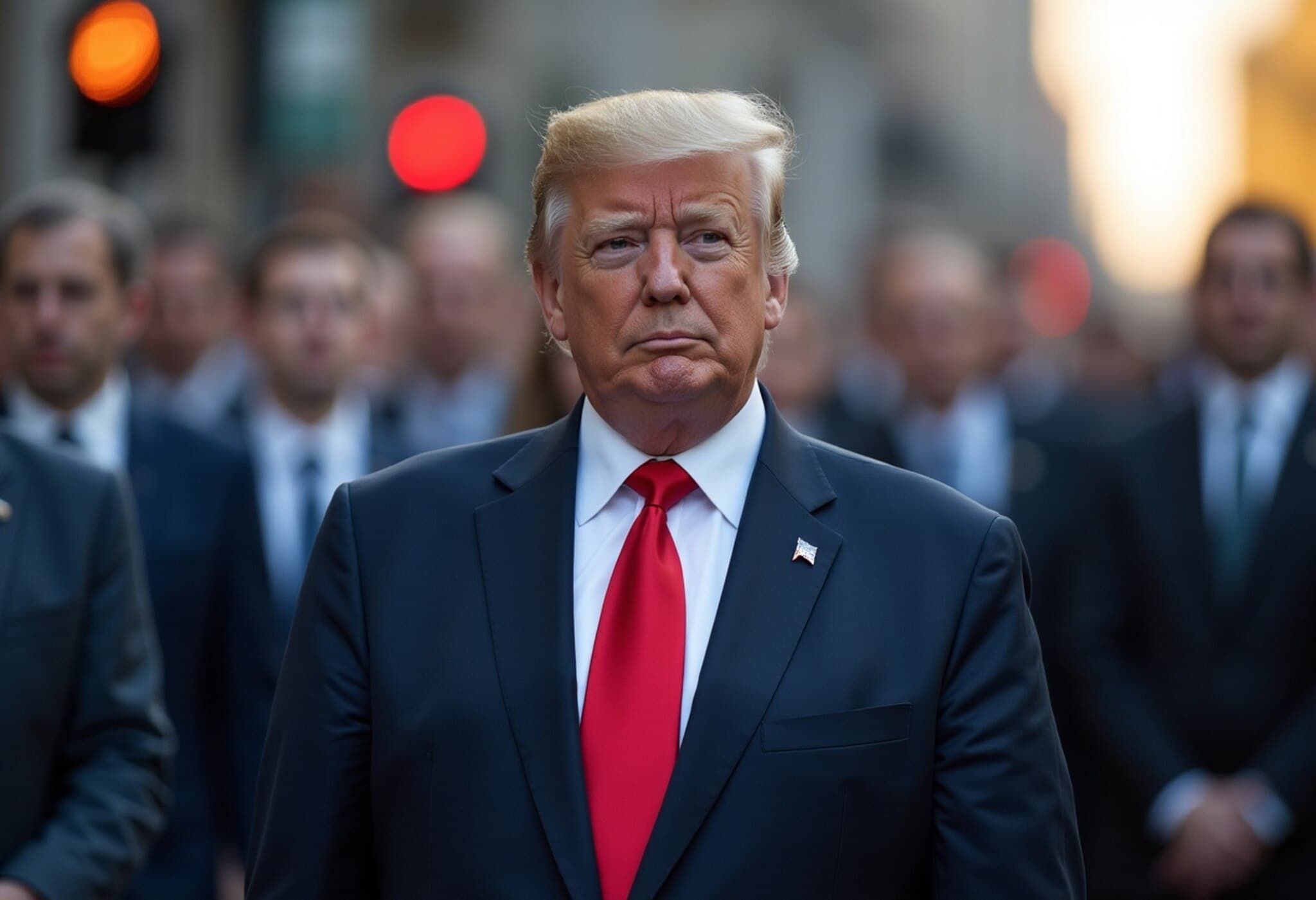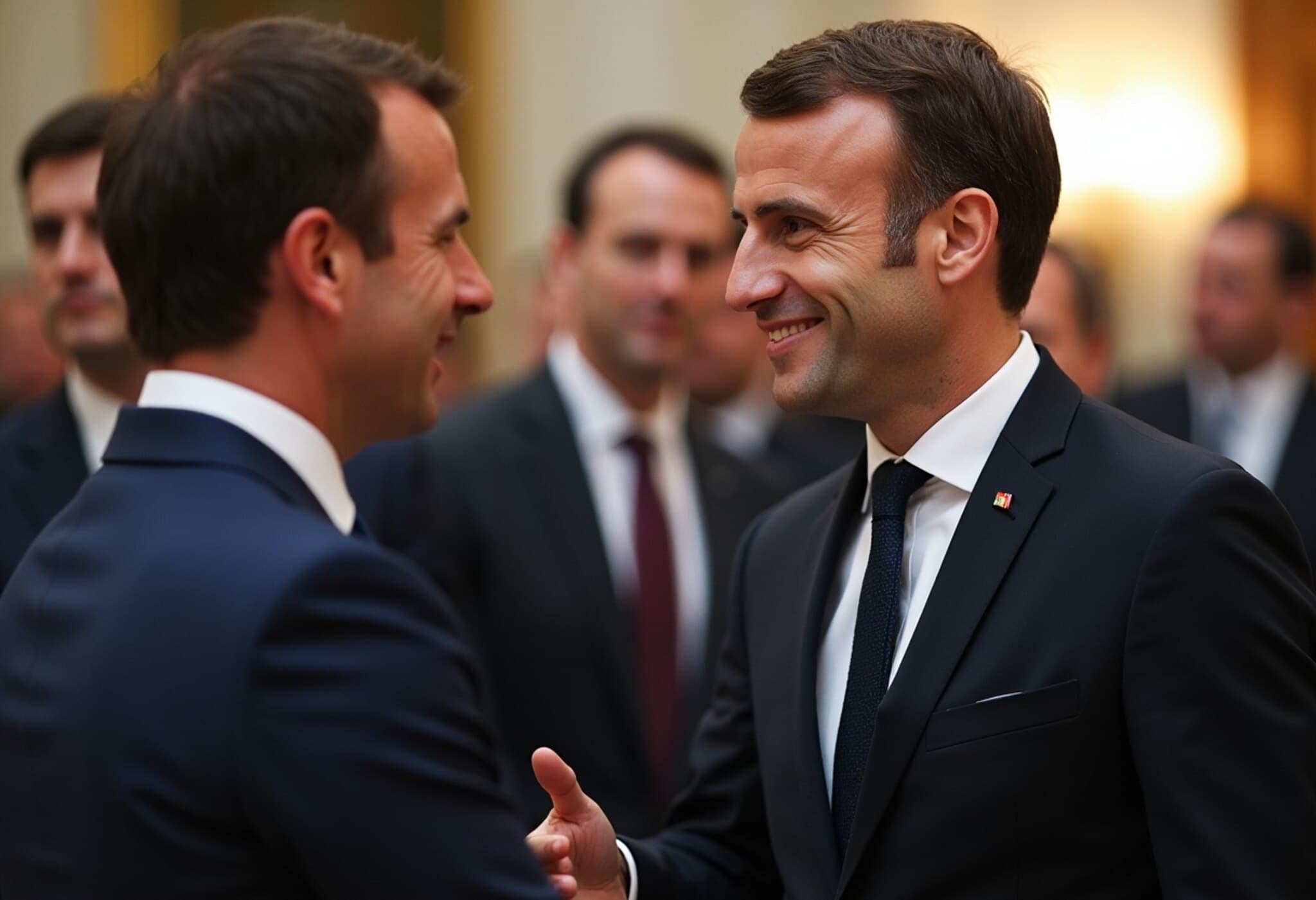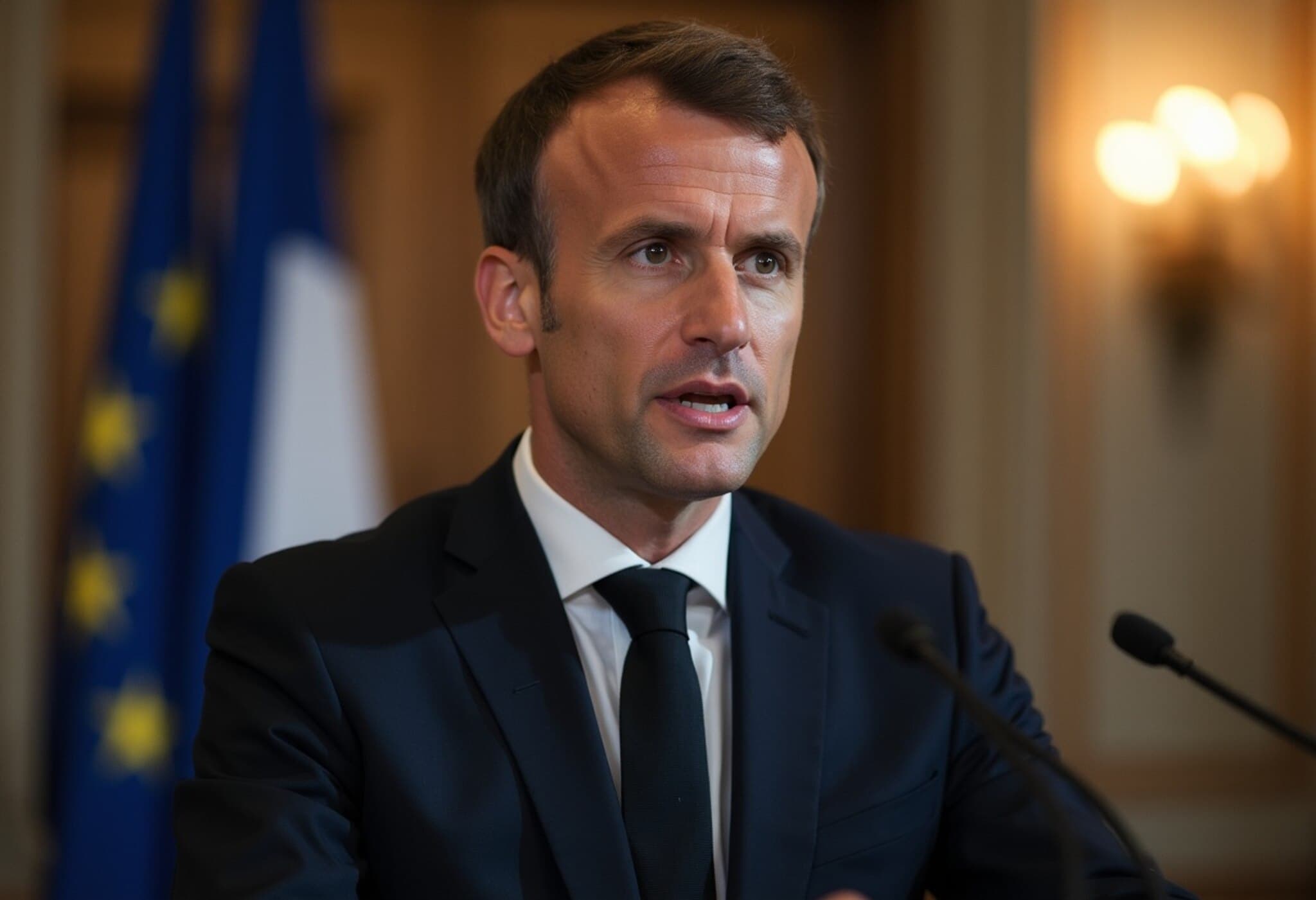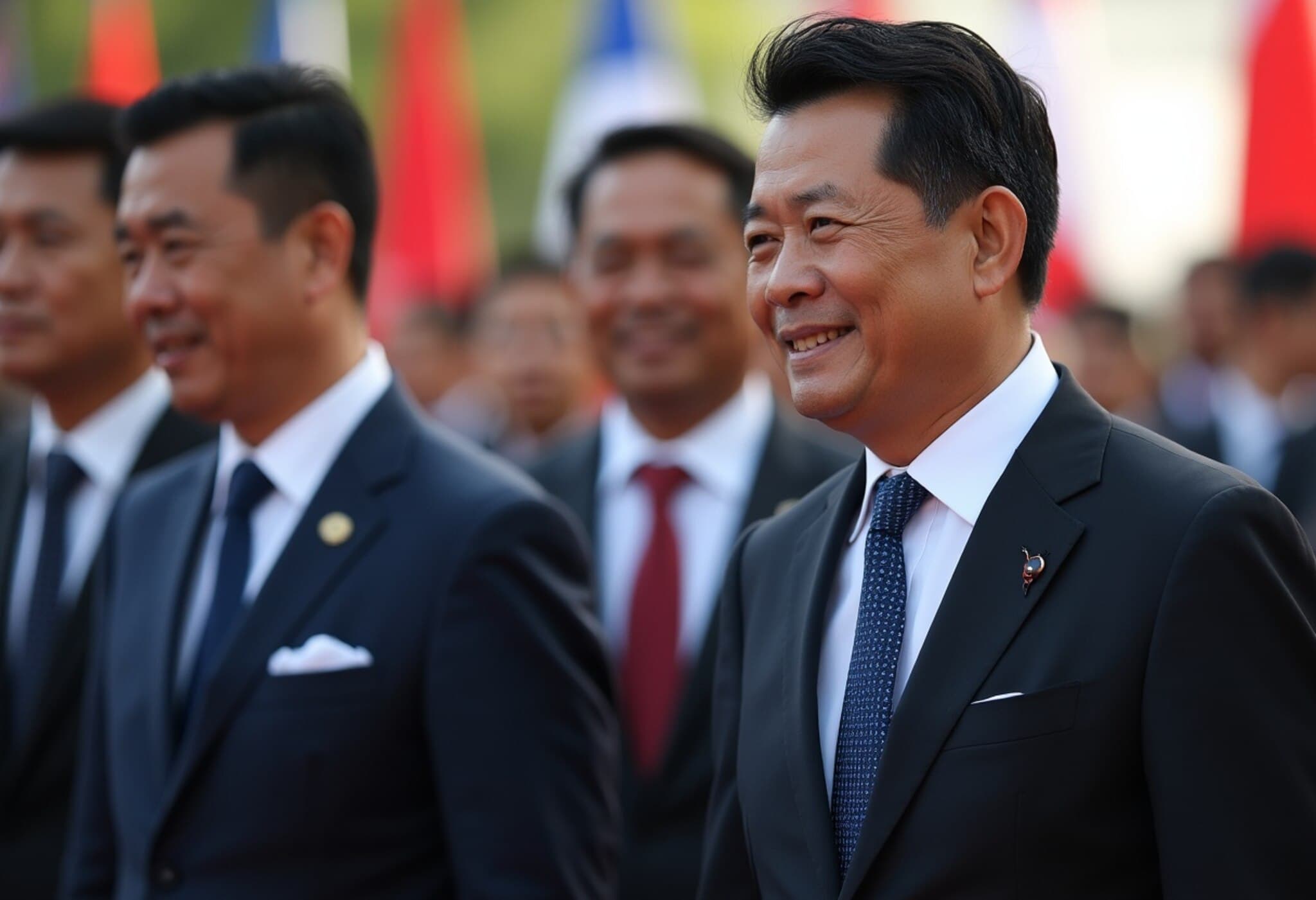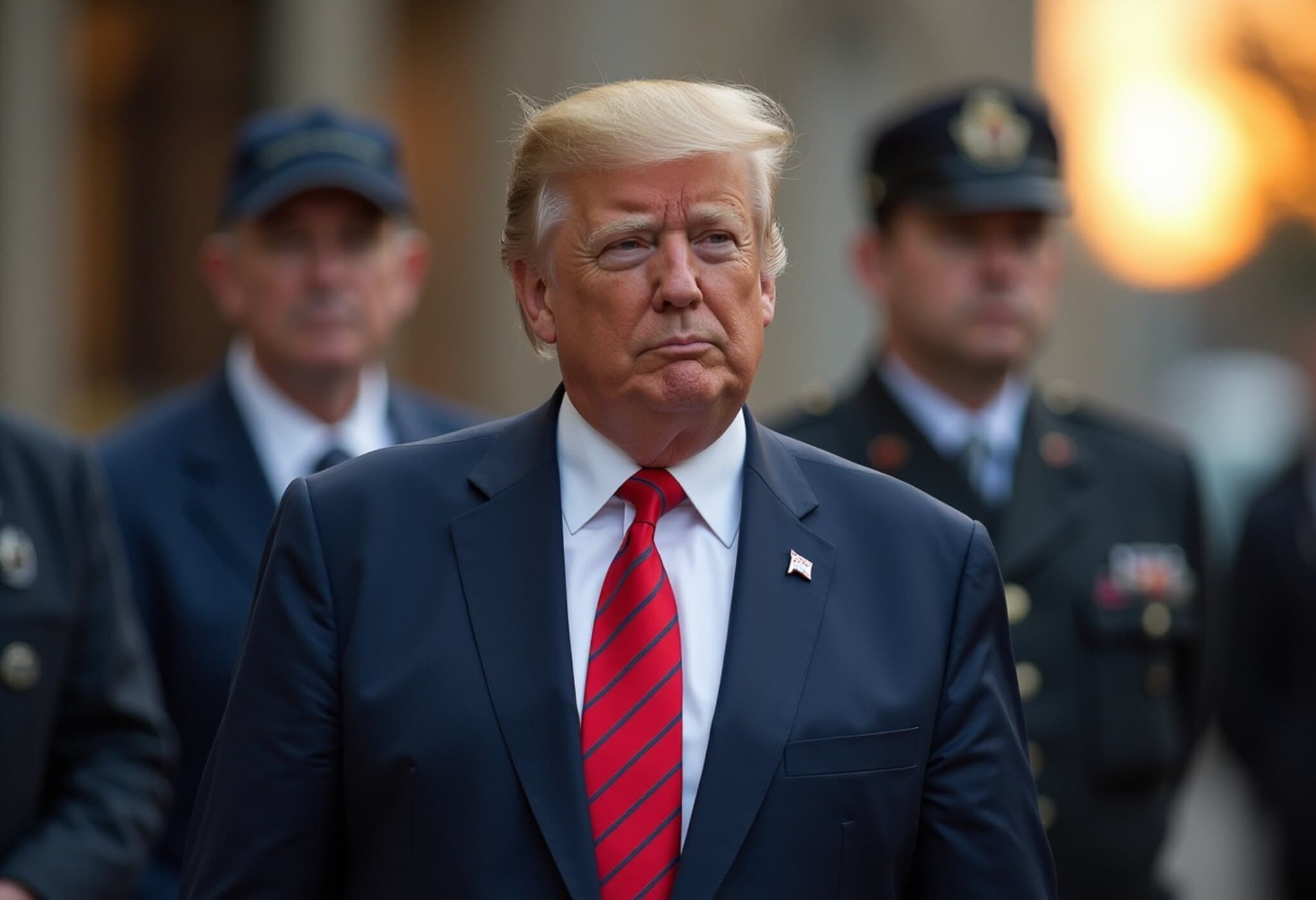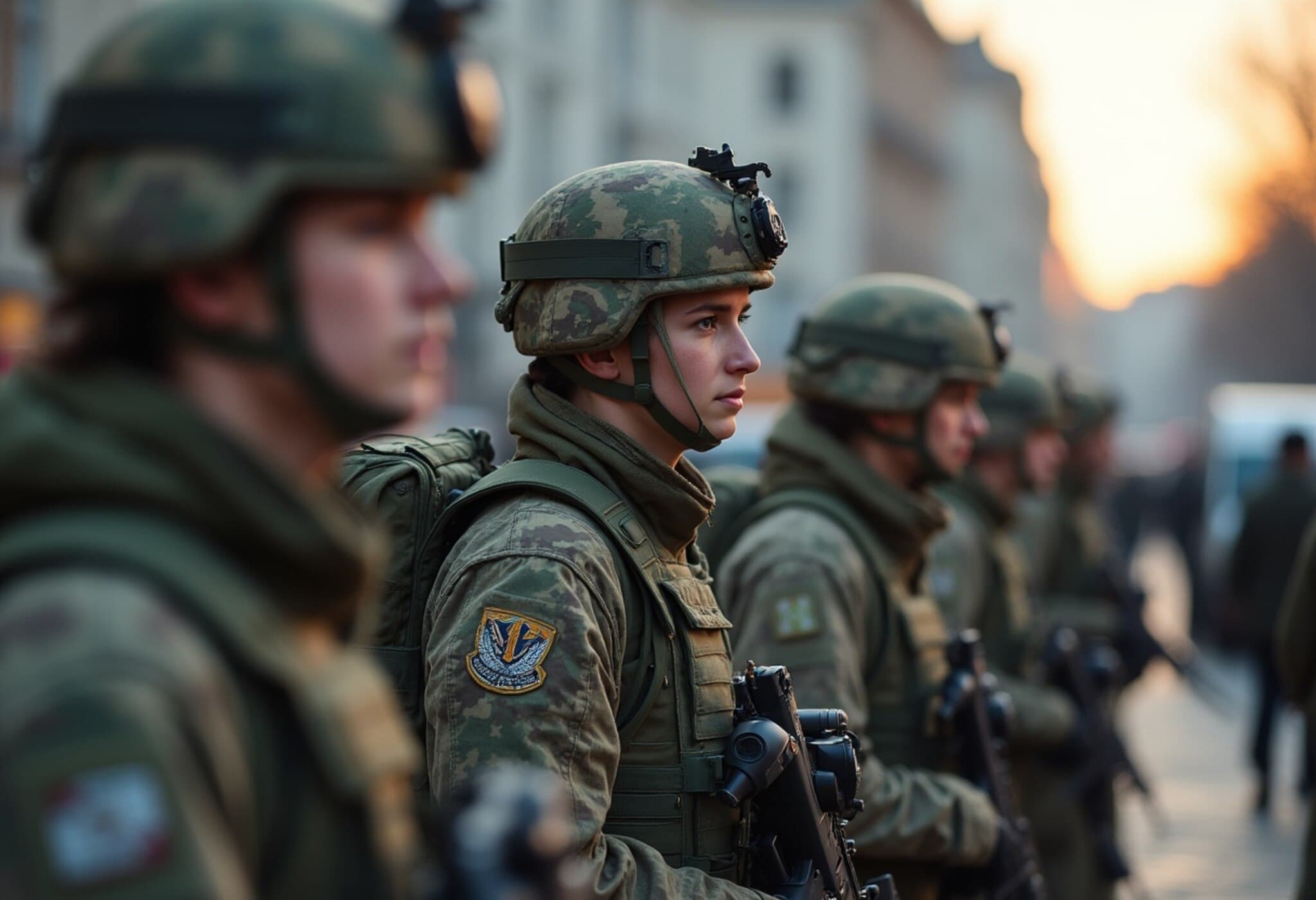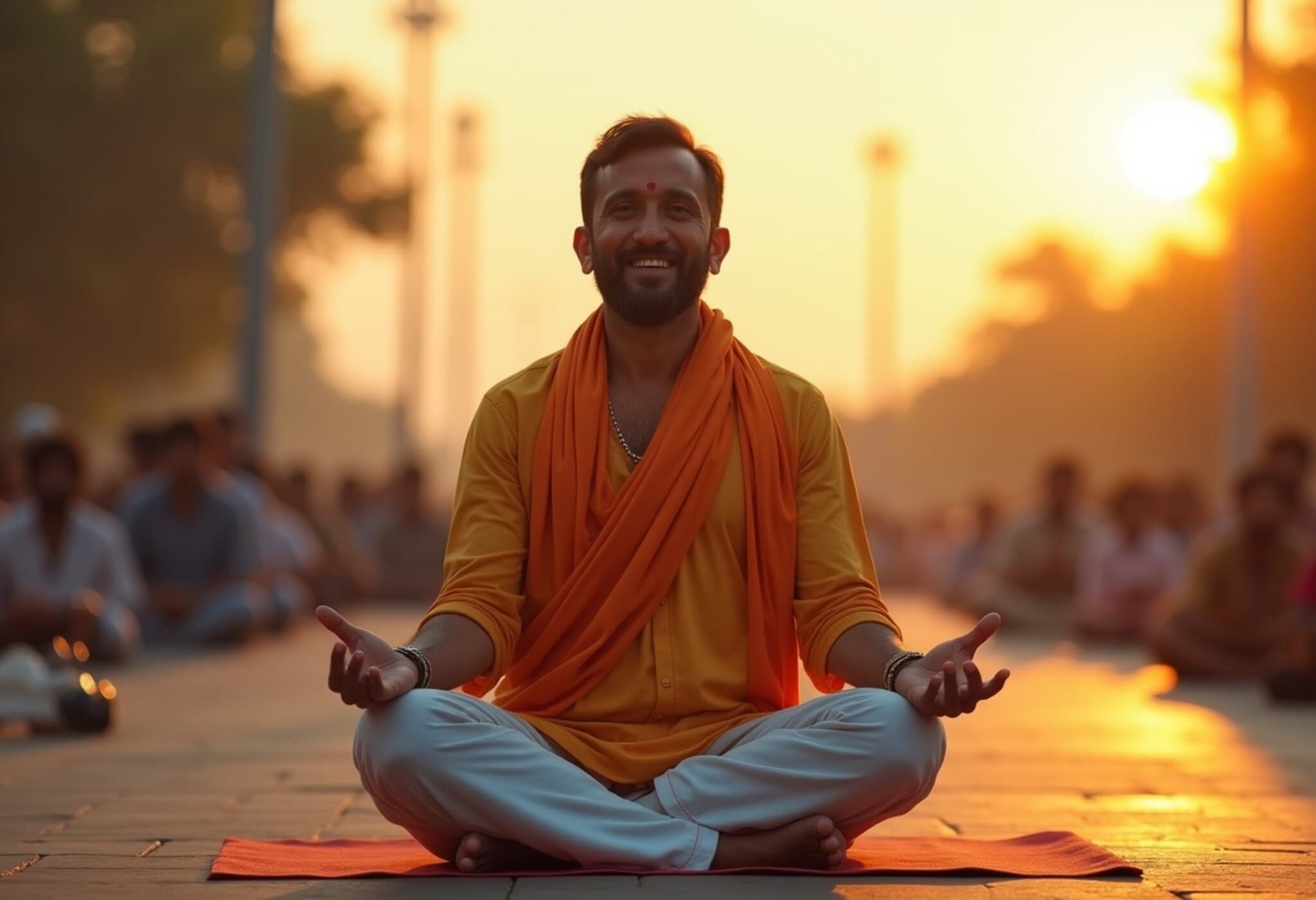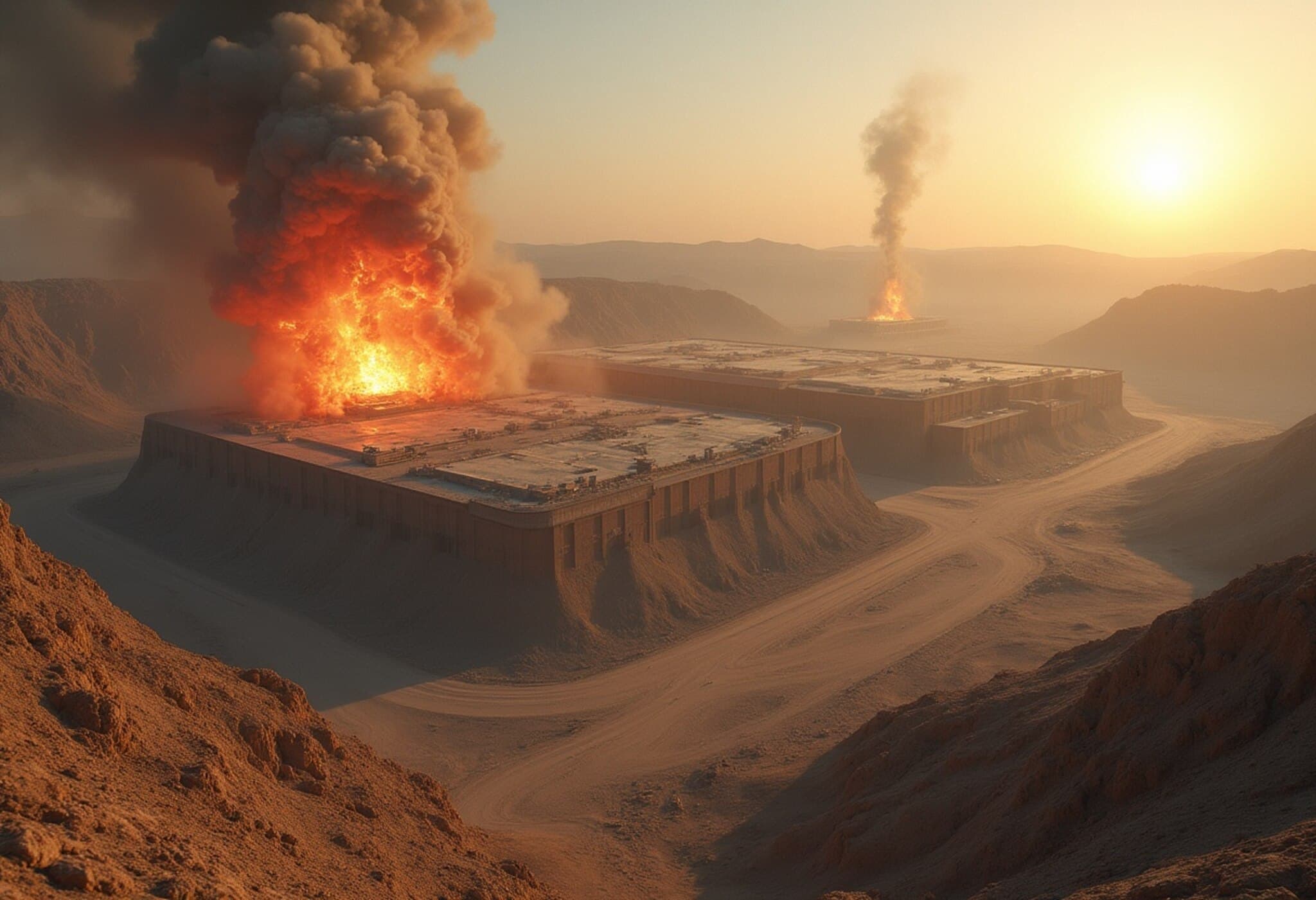Macron’s Rallying Cry for European Military Autonomy
French President Emmanuel Macron is urging European nations to strengthen their defence capabilities independently, without leaning heavily on the United States. In a symbolic social media post on Friday, Macron shared an image resembling an incoming phone call from "Rafale," France’s indigenous fighter jet, urging his European counterparts to answer the call to military self-reliance.
“European friends, you have a call.”
The message underscores a growing push within Europe to bolster defence cooperation and reduce reliance on American military support, especially amid the evolving geopolitical landscape.
The Case for Homegrown European Defence
Macron’s call comes at a time when Europe is reassessing its strategic position, particularly in the wake of ongoing conflicts and fluctuations in US foreign policy commitments. The French leader has been vocal about the need for Europe to craft its own military muscle to secure its future.
Amid warnings from US officials that NATO members should raise defence spending or risk losing American backing, Macron’s stance highlights the urgency for Europe to take control of its own security apparatus.
Why Highlight the Rafale?
The Rafale fighter jet, produced domestically in France, symbolizes Europe's defence potential. Capable of both air superiority and ground attack missions, and equipped with advanced missile systems like Meteor and SCALP, it showcases Europe's ability to develop cutting-edge military technology.
Despite its merits, the Rafale faces stiff competition from the US-made F-35, which several European nations—including Poland, Finland, Germany, and Italy—have opted to buy or already operate.
Notably, the Indian Air Force’s successful deployment of the Rafale during Operation Sindoor has highlighted its combat efficacy. Still, US jets have maintained dominance within many European arsenals.
Macron Advocates for European Defence Alternatives
Back in March, Macron urged significant investment in a shared European defence framework, calling it a “strategic wake-up moment.” He emphasized the need for Europe to mobilize substantial funds—hundreds of billions of euros—to build and produce its own military technology.
“We must provide European alternatives to countries accustomed to American equipment,” Macron remarked, pointing out cost efficiency and sovereignty as critical benefits of indigenous defence production.
German Chancellor Friedrich Merz echoes this call for bolstering Europe’s military independence, indicating a growing consensus among key EU leaders.
Europe’s Defence Landscape and the Indian Connection
While Europe debates its path forward, several countries continue investing heavily in the F-35, despite ongoing technical setbacks, such as the grounding of a British F-35 jet in India’s Thiruvananthapuram due to mechanical issues.
Meanwhile, India’s recent acquisition and operational success with the Rafale jet demonstrates the platform’s credibility and utility beyond European borders.
This moment marks a pivotal crossroads for Europe’s defence strategy, as global dynamics compel it to reconsider old dependencies and chart a course toward greater autonomy.

